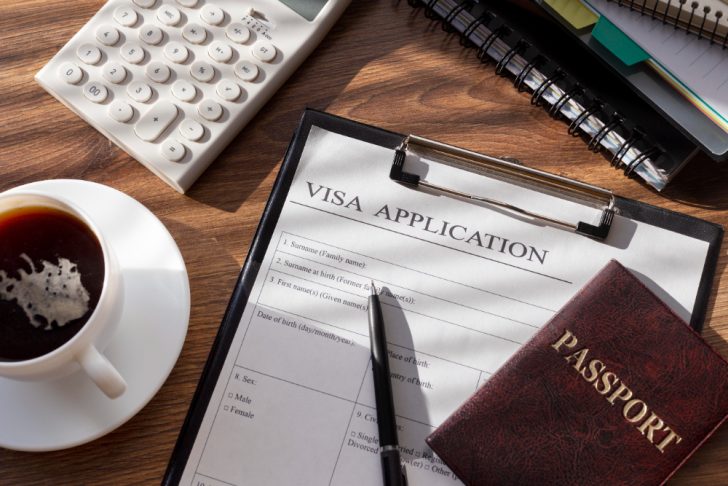Starting fresh in Mexico has become increasingly appealing to many Black Americans seeking a change of pace, culture, or opportunity. Mexico offers an affordable cost of living, vibrant communities, and a chance to escape some of the challenges tied to life in the United States. However, the journey to becoming an immigrant in Mexico involves navigating legal processes, cultural differences, and the complexities of being Black in a country with its own history of racism. So, how can a black American become an immigrant in Mexico?
Understanding Visa Requirements and Residency Options
Securing the appropriate visa is the first step in immigrating to Mexico. The most common pathways include the temporary resident visa and the permanent resident visa. Temporary visas are ideal for those planning to live in Mexico for more than six months but less than four years. Permanent residency is best for individuals aiming for long-term settlement.
Applications for these visas require financial proof, such as bank statements or a pension. Meeting these financial thresholds ensures eligibility and helps demonstrate your capacity to live comfortably in Mexico. For Black Americans, ensuring all documentation is organized and accurate is crucial for a smooth application process.
Finding a Supportive Community
Mexico has a growing community of Black expats. Joining online groups like “Black Expats in Mexico” or “Brothas & Sistahs In Mexico City” can help new immigrants connect with others who share similar experiences. These communities provide support, advice, and cultural exchange, making the transition smoother.
Living in cities with established Black enclaves, such as Mexico City or Mérida, can ease cultural adaptation. These areas often host events, including book clubs, soul food dinners, and networking gatherings, fostering a sense of belonging and familiarity.
Addressing Safety Concerns
While the allure of Mexico includes a lower cost of living and a vibrant culture, safety remains a concern for many immigrants. For Black Americans, particularly those who may be misidentified as migrants from Haiti, encounters with local law enforcement require vigilance. Carrying documentation at all times, such as a U.S. passport, can help mitigate misunderstandings during interactions with authorities.
It is essential to understand Mexico's socio-political climate and how it may affect perceptions of race. Recognizing that anti-Blackness exists globally helps immigrants prepare emotionally and mentally for potential challenges.
Embracing Cultural Adaptation
Learning Spanish is a critical aspect of successfully integrating into Mexican society. While many Mexicans in urban areas speak English, fluency in Spanish opens doors to deeper cultural connections and reduces language barriers. Local Spanish classes also foster relationships with Mexican nationals and enrich the immigration experience.
Adapting to cultural norms is equally essential. Mexican culture places high value on community and family, so participating in local traditions and showing respect for customs fosters goodwill and understanding.
Building Financial Stability
The cost of living in Mexico is significantly lower than in the United States, making it an attractive option for many Black Americans. Researching affordable housing options and planning budgets in advance is essential to maintain financial stability. Cities like Mérida and Puerto Vallarta offer cost-effective living, with rent often being a fraction of what is typical in U.S. cities.
Additionally, remote work or freelance opportunities can provide a steady income while allowing immigrants to enjoy Mexico’s relaxed lifestyle. Setting up local bank accounts and understanding Mexico’s tax system are also vital for long-term financial success.
Navigating Racism and Bias
Although Mexico offers a reprieve from some forms of American racism, anti-Blackness persists. Incidents of racial profiling, such as being questioned by police, can be disheartening. However, Black Americans often find that their financial stability and U.S. citizenship provide a buffer against some systemic issues.
Creating awareness of Afro-Mexican history and embracing Afro-descendant communities help combat stereotypes. Engaging with local initiatives that celebrate Black culture fosters inclusivity and pride while challenging discriminatory attitudes.











